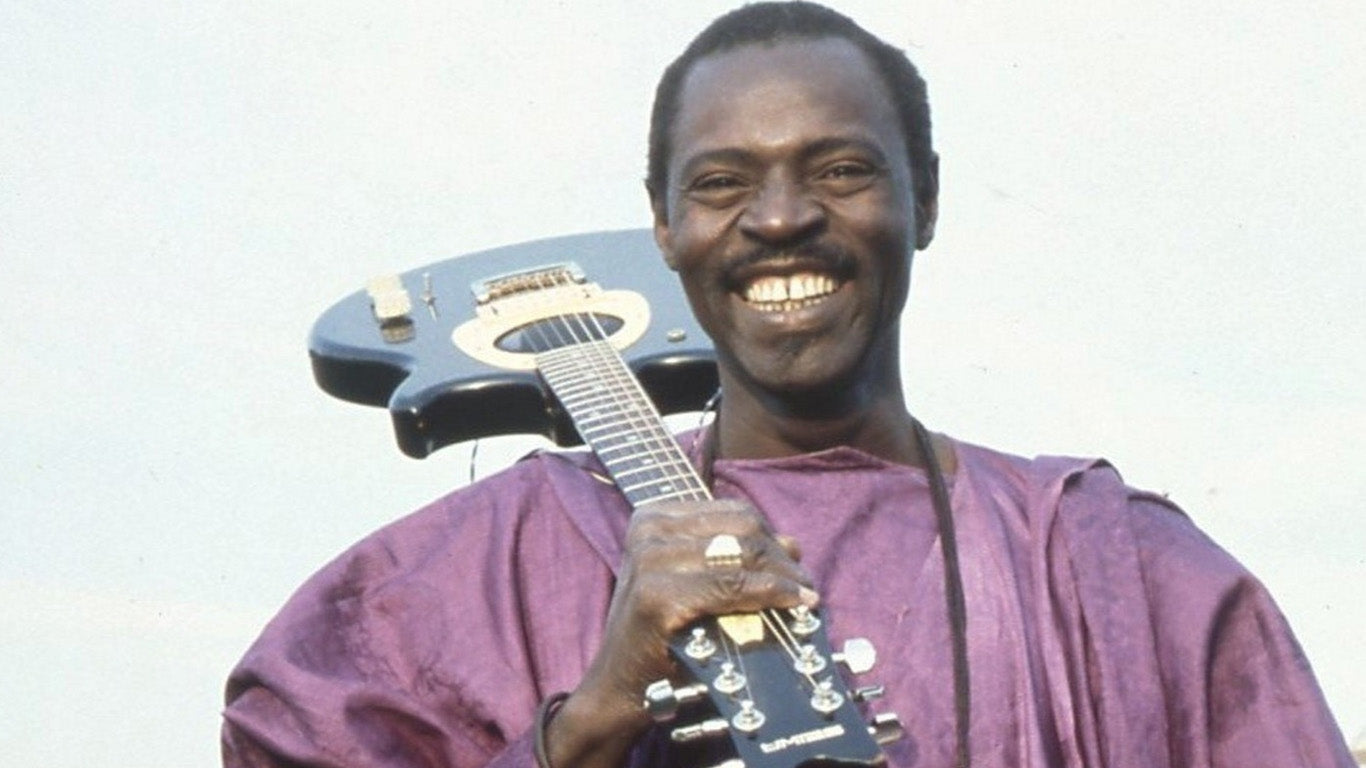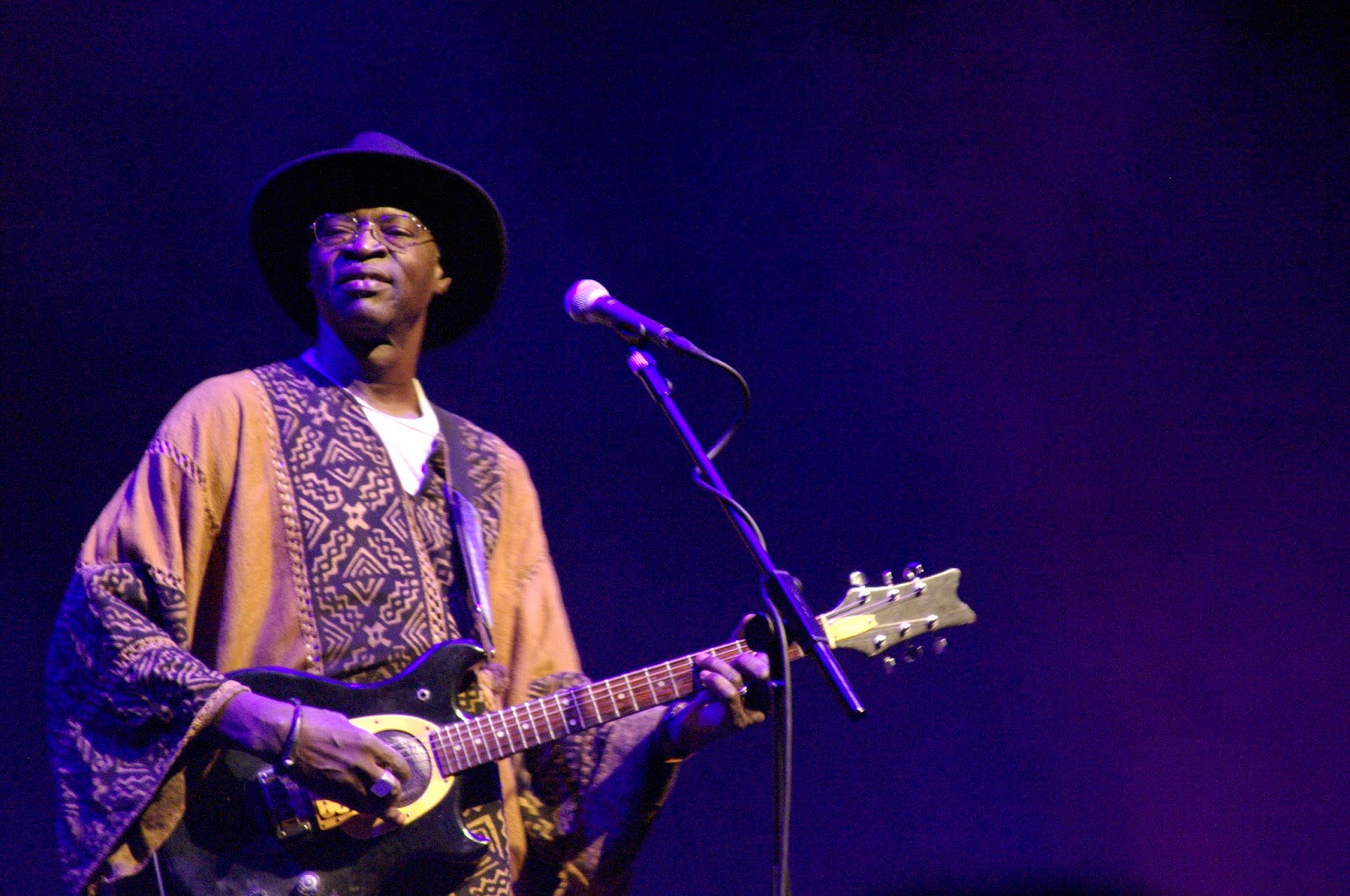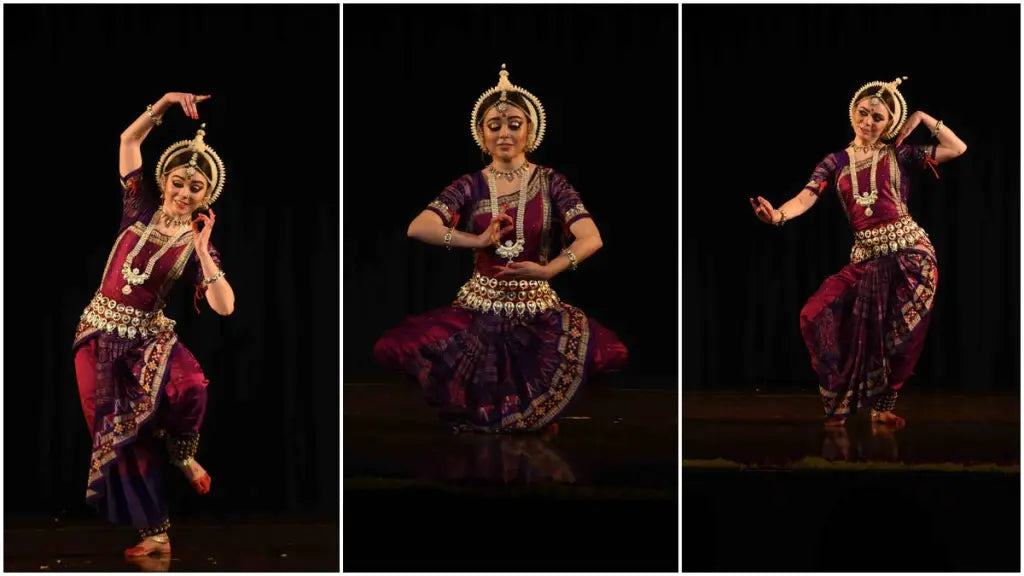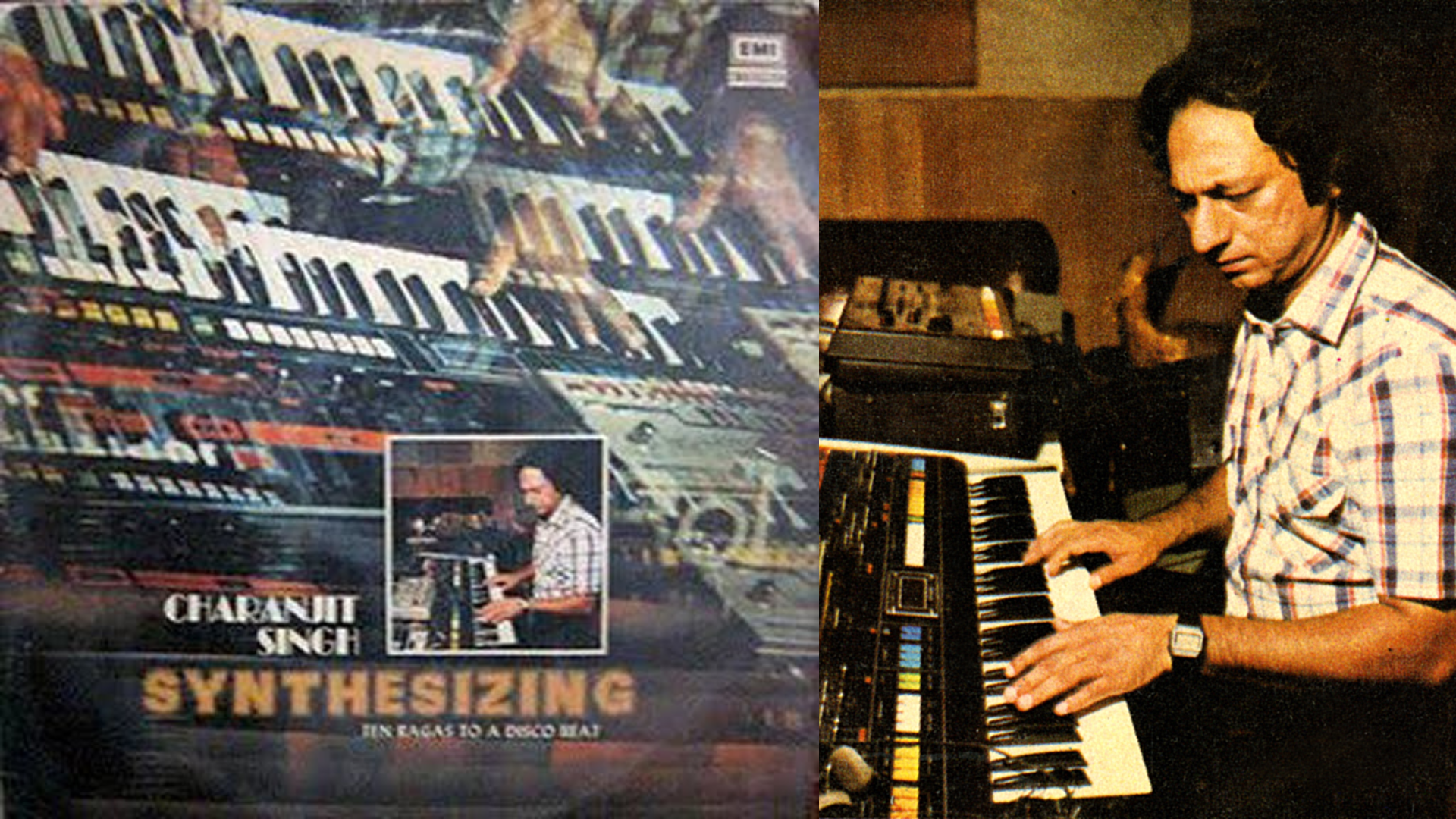African Desert Blues Pioneer Ali Farka Touré
·

·
Ali Farka Touré was born in the village of Kanau in the Timbuktu region of Mali, West Africa. He was given the nickname "Farka," which means donkey, by his parents, who admired the traits of stubbornness and tenacity associated with the animal.
In Malian society, musical performance was traditionally reserved for the lower class and prohibited in the noble class. As a child, Farka rejected this belief and ingeniously built a monochord from a tin can. This early display of ingenuity proved his parents right - stubbornness is indeed an admirable trait.

Farka's passion for music continued into his young adulthood when he decided to pursue a career as a musician. He was completely mesmerized by the guitar playing in the National Ballet of Guinea in 1956; ultimately learning to play the instrument. He also hosted national talent competitions bringing together diverse groups of people from different African nations, allowing Farka to sing in seven languages. These competitions gained recognition and enabled Farka to represent Mali internationally in Bulgaria, where he purchased his first guitar and was introduced to the American blues legend John Lee Hooker.
By the early 1980s, Farka began recording music relentlessly at Radio Mali, where he worked; eventually releasing a series of albums titled "Ali Farka Touré." His first international exposure came from British DJ Andy Kershaw, who discovered his "Red" album while searching for rare records. Impressed by Farka's style of combining American blues with African folk music, Andy played his tracks from the album on his radio show on BBC Radio One. This caught the attention of World Circuit Records, and its founder, Annie Hunt, traveled from London to Mali to sign Farka to the music label.
Ali Farka Touré went on to record seven albums with the label, featuring collaborations with musicians such as The Chieftains ("The River" 1990); Nitin Sawhney and Taj Mahal ("The Source" 1992); and his most famous collaboration with Ry Cooder ("Talking Timbuktu" 1994), which earned him his first Grammy award in 1995.
Ali Farka Touré also came to be known as "The African John Lee Hooker" in later years.
Read more:






Comments